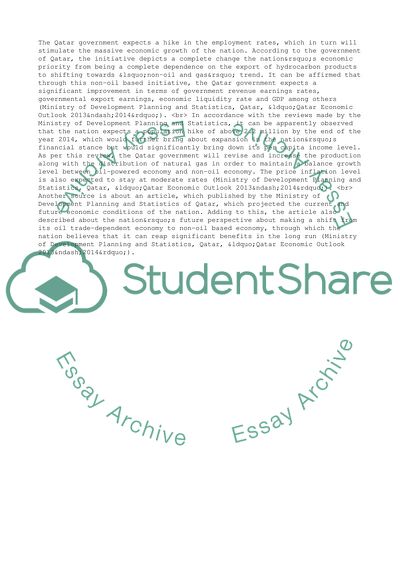Cite this document
(“The effect of oil and gas to Qatar's economy Research Paper”, n.d.)
The effect of oil and gas to Qatar's economy Research Paper. Retrieved from https://studentshare.org/business/1634714-the-effect-of-oil-and-gas-to-qatars-economy
The effect of oil and gas to Qatar's economy Research Paper. Retrieved from https://studentshare.org/business/1634714-the-effect-of-oil-and-gas-to-qatars-economy
(The Effect of Oil and Gas to Qatar'S Economy Research Paper)
The Effect of Oil and Gas to Qatar'S Economy Research Paper. https://studentshare.org/business/1634714-the-effect-of-oil-and-gas-to-qatars-economy.
The Effect of Oil and Gas to Qatar'S Economy Research Paper. https://studentshare.org/business/1634714-the-effect-of-oil-and-gas-to-qatars-economy.
“The Effect of Oil and Gas to Qatar'S Economy Research Paper”, n.d. https://studentshare.org/business/1634714-the-effect-of-oil-and-gas-to-qatars-economy.


